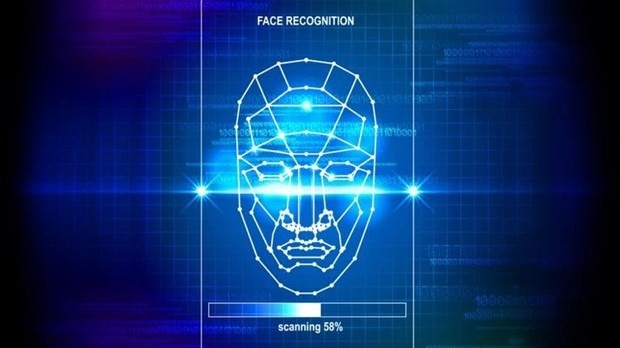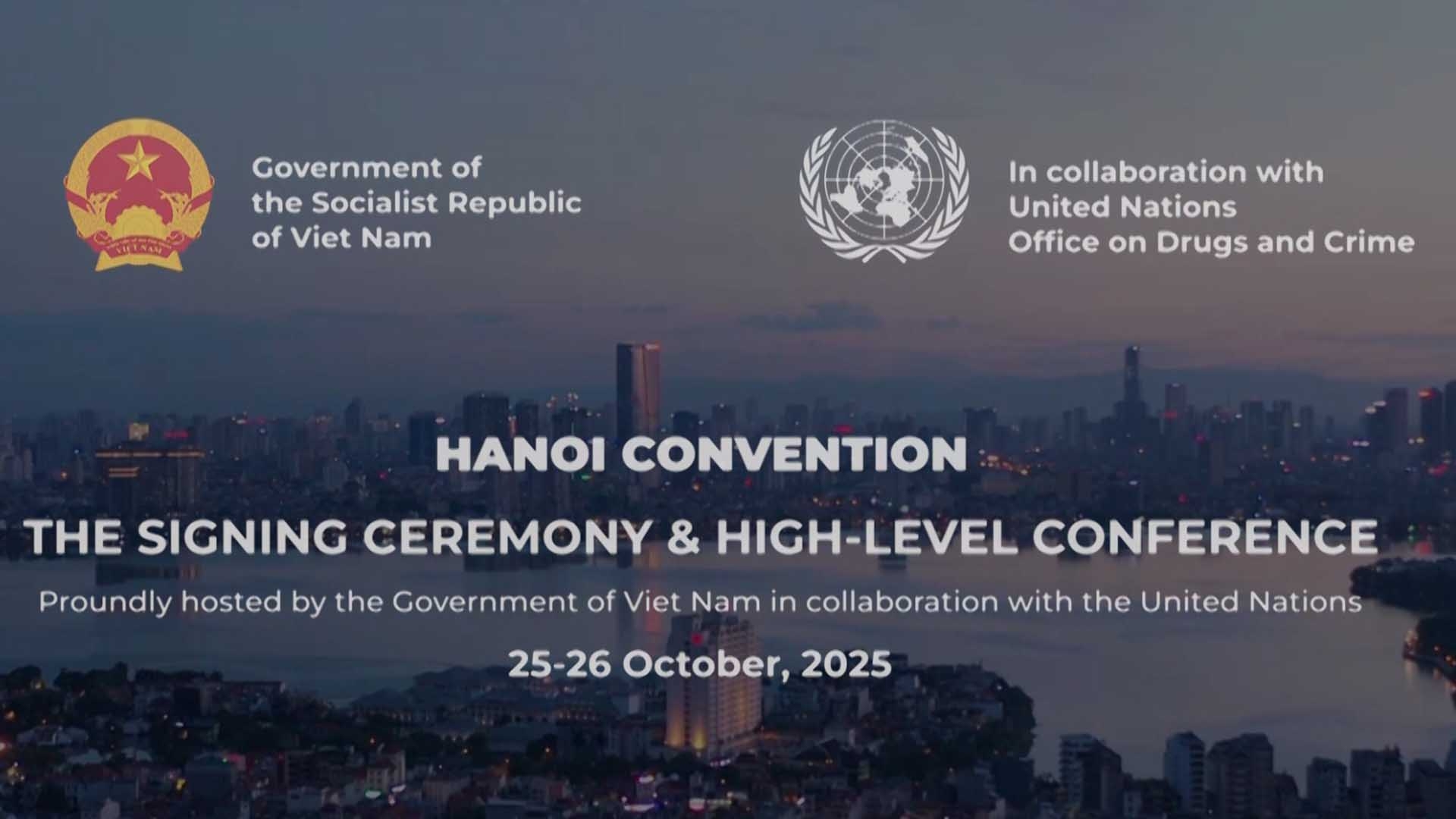
Is your privacy violated when you are “a citizen of the Facebook Kingdom”?
Latest
| TIN LIÊN QUAN | |
| Diversifying marketing strategies by making use of Big Data and artificial intelligence | |
| Vietnam plans to create its own Facebook-like social network, say experts | |
Worry about privacy
While Facebook is prohibited from giving out the personal information of users, there must be a clear agreements made by users before any changes about data privacy are made. However, it seems that at the moment Facebook is exchanging the privacy of its “citizens” for commercial profit.
People must remember the Facebook - Cambridge Analytica data scandal, which revealed that Cambridge Analytica had harvested the personal data of at least 5 million Facebook users from the year 2014 until the scandal broke out. Cambridge Analytica had been granted the right to use users’ personal information by Facebook, but Cambridge Analytica misused the data. The data was used to create "psychographic" profiles for political advertising in the US and the UK.
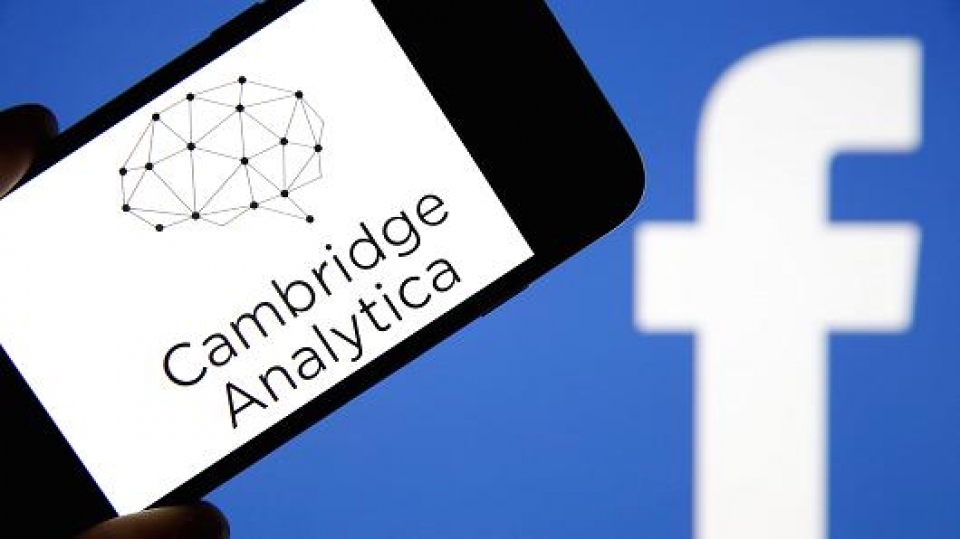 |
| (Photo: Getty Images) |
Facebook then continued to be accused of collecting and storing sensitive information, such as call history and messages of users on the Android platform. Whatever the intended purpose of the data gathering is, the action causes people to worry about their privacy when using the giant social network. Many people no longer believe that Facebook only uses personal data to improve its services and suspects that it shares this sensitive information with third parties, as it did with Cambridge Analytica.
Currently, the facial recognition feature, enhanced by photo tagging, is at the center of controversy. Facebook is at risk of a lawsuit in Illinois (USA) - where there are strict laws protecting user privacy - for illegally collecting users’ biometric data through facial recognition. Facial recognition technology was developed and used by Facebook in Europe since 2012, but its use there was stopped when the Irish Data Protection Commission declared the feature illegal.
According to GDPR (General Data Protection Regulation) Law in the European Union, companies that have been attacked by hackers and can not ensure the safety of their customers will face a minimum fine of 23 million USD or a maximum fine of up to 4% of their latest annual profit. By this law, the world's largest social network is at risk of facing a potential fine of up to 1.63 billion USD, which seems large but still leaves them 96% of their earnings. Damages would also then be owed to Facebook users due to the limited ability to protect themselves from cyber attacks on the world's largest digital platform, partially caused by the complex language, knowledge, and regulations used in Facebook’s user agreement. Facebook makes it hard for victims to claim justice for themselves.
Another question: Is using images of people on Facebook without that person's consent illegal? If it causes loss of honour and dignity for that person, possibly leading to mental and physical problems or even life threatening issues, will Facebook be guiltless by simply claiming that they are not responsible for the use of their platform and that they don’t manage the content that users upload?
A double-edged sword
What sanctions will need to be imposed on Facebook so that they will take responsibility for the content on their platform? If the responsibility of Facebook is maintaining a safe community for people to connect and share, as “King” Mark Zuckerberg announced during a testimony before the US Congress, then why did he also admit that the company has not done enough to prevent data breaches?
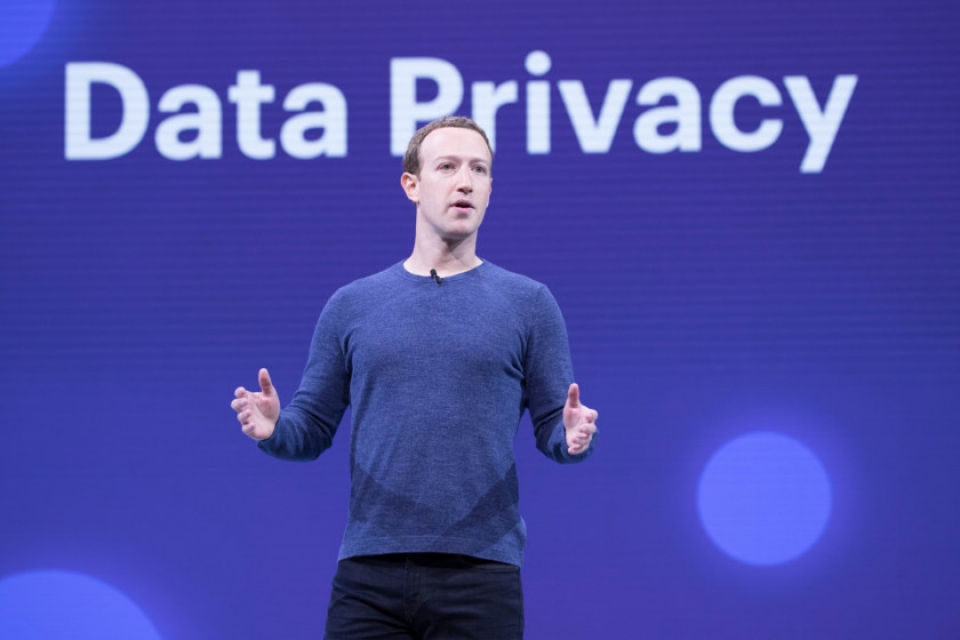 |
| Facebook is acting as a propaganda tool that brings in billions of dollar in profits each year. Have you ever wondered if that profit came only from advertising? |
Is Facebook avoiding its responsibility of checking, screening, and censoring information by just using short-term tools based on the low-technology ability of users (such as having users report news and accounts) as a means of information screening? Facebook’s “adjustments” to “limit scams and fake news” are just done by adding more artificial intelligence, code, or patching bugs, none of which deal with the larger issues around privacy. Facebook needs to be responsible for resolving platform manipulation that may put users at risk, such as privacy violations and information security.
However, the current weak information security standards means that data breaches and illegal trading of information still happen easily and often on Facebook, especially when users access links that have low security features and allow other apps or websites to post on Facebook.
Facebook does not create content and is not responsible for content that exceeds its community standards, but it does create, manage, and censor certain content delivery systems at the top of the News Feed. Most recently, there have been allegations from the government and medical experts in the US (including the CDC (the Center for Disease Control and Prevention) and Representatives of the US Democratic Party), the UK, and Canada, about Facebook’s uncontrolled content and advertising, especially around the activities of secret associations promoting the anti-vaccination movement, which has aimed false information about vaccines at pregnant women, vaccinated children, and families with children at the age of vaccination. Currently, measles outbreaks are booming in the US, and the number of infected cases worldwide has increased by 30% in 2018 alone (according to data from the World Health Organization).
The profit from advertising is real, while the virtual values that Facebook contributes, regardless of whether they are positive or negative, also create real consequences for individuals, organizations, or even nations. In the case of a printed newspaper, what is printed can serve as evidence towards the conviction of the director of the publishing house, the editor-in-chief, the author, and the people involved. What about Facebook? The company needs to consider its role in passively allowing violations of human rights and postings with false information that provoke violence, as well as the makeup of its platform that allows this information to be easily spread.
With the furious pace of technological development, especially around modern infrastructure, Facebook in particular and social networking sites in general are no longer truly private spaces for people. In addition to the positive aspects of social networks, Facebook has now become an effective “tool” for some groups of people to take advantage of others in order to distort, sophisticate, defame, denigrate, or discredit individuals, businesses, or political competitors, and victims can be anyone in society, even those who do not use Facebook.
 | Facebook supports natural disaster response in Vietnam Facebook has launched a programme designed to help Vietnamese officials at all levels to enhance their capacity of using technology and social networks to cope ... |
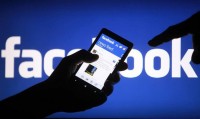 | Vietnam among top 10 countries affected by Cambridge Analytica scandal Vietnam is among top 10 countries in which information of Facebook users may have been improperly shared with Cambridge Analytica, according to Facebook chief technology ... |
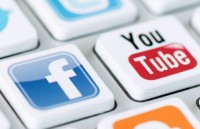 | Social networks drive enterprises and state agencies crazy By playing their own rules, international social networks like Facebook or Youtube not only make it difficult for Vietnamese state agencies to dispense their tasks ... |






